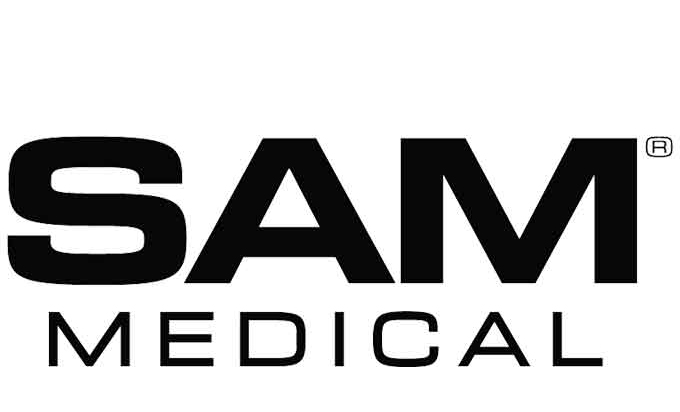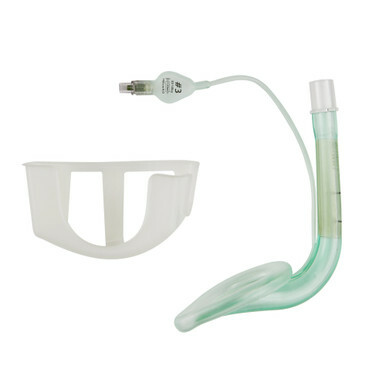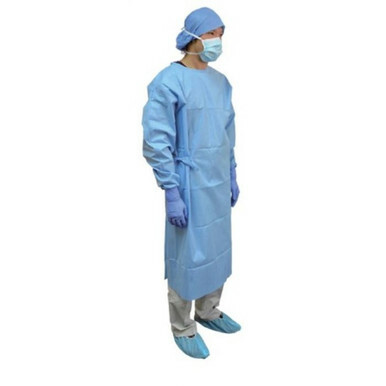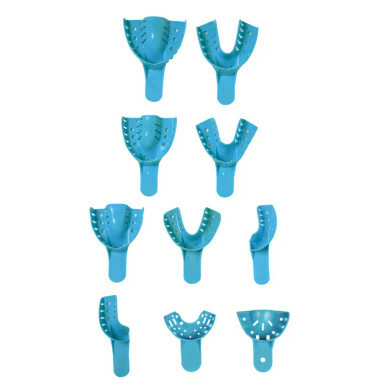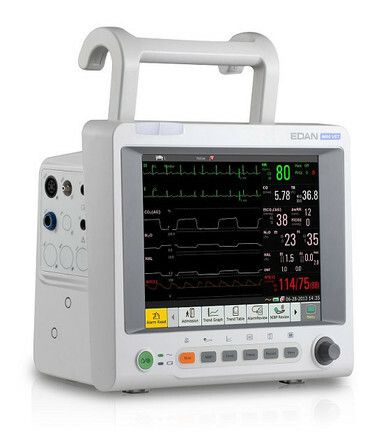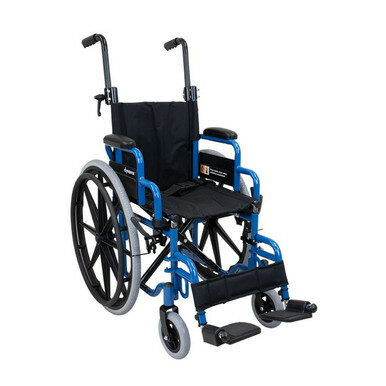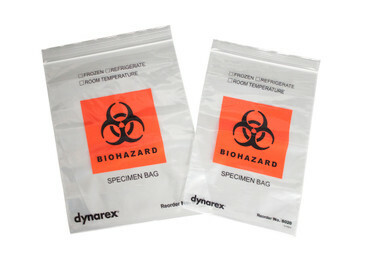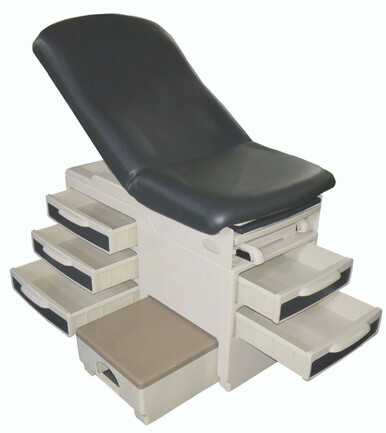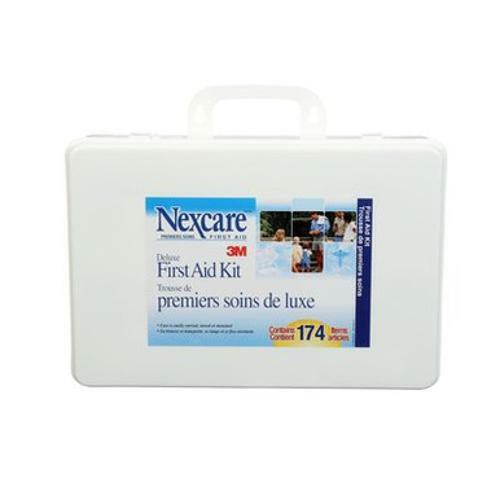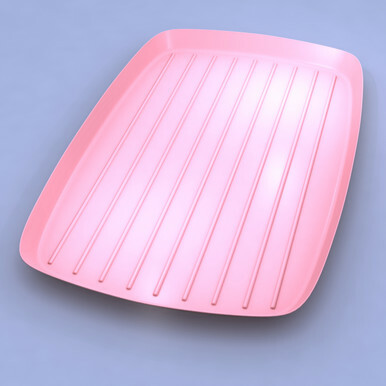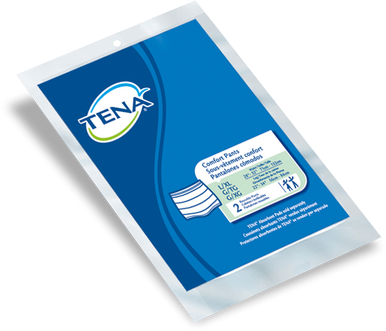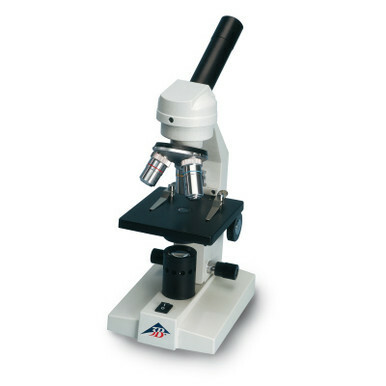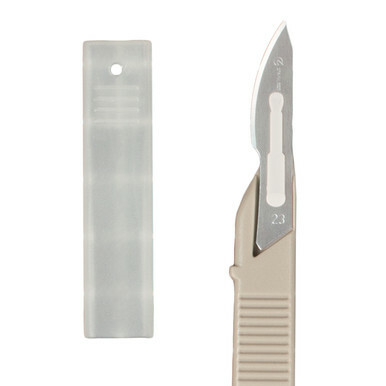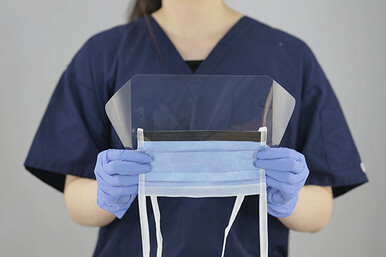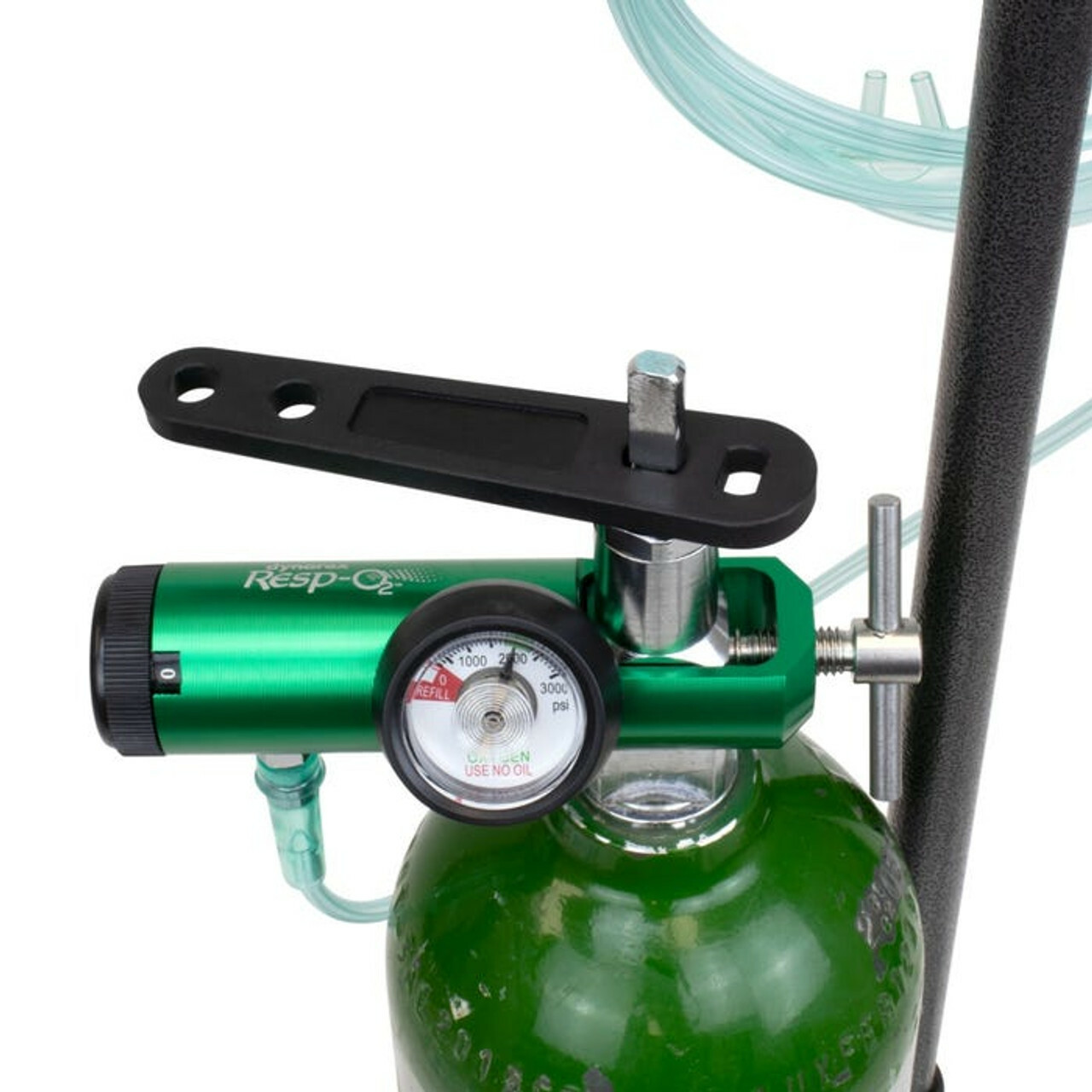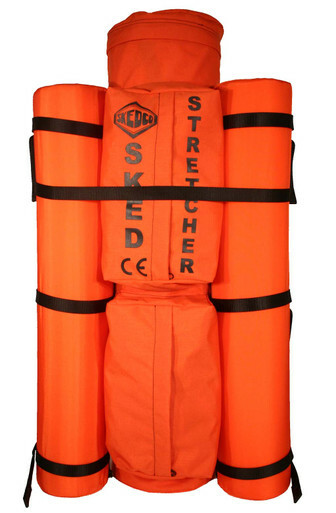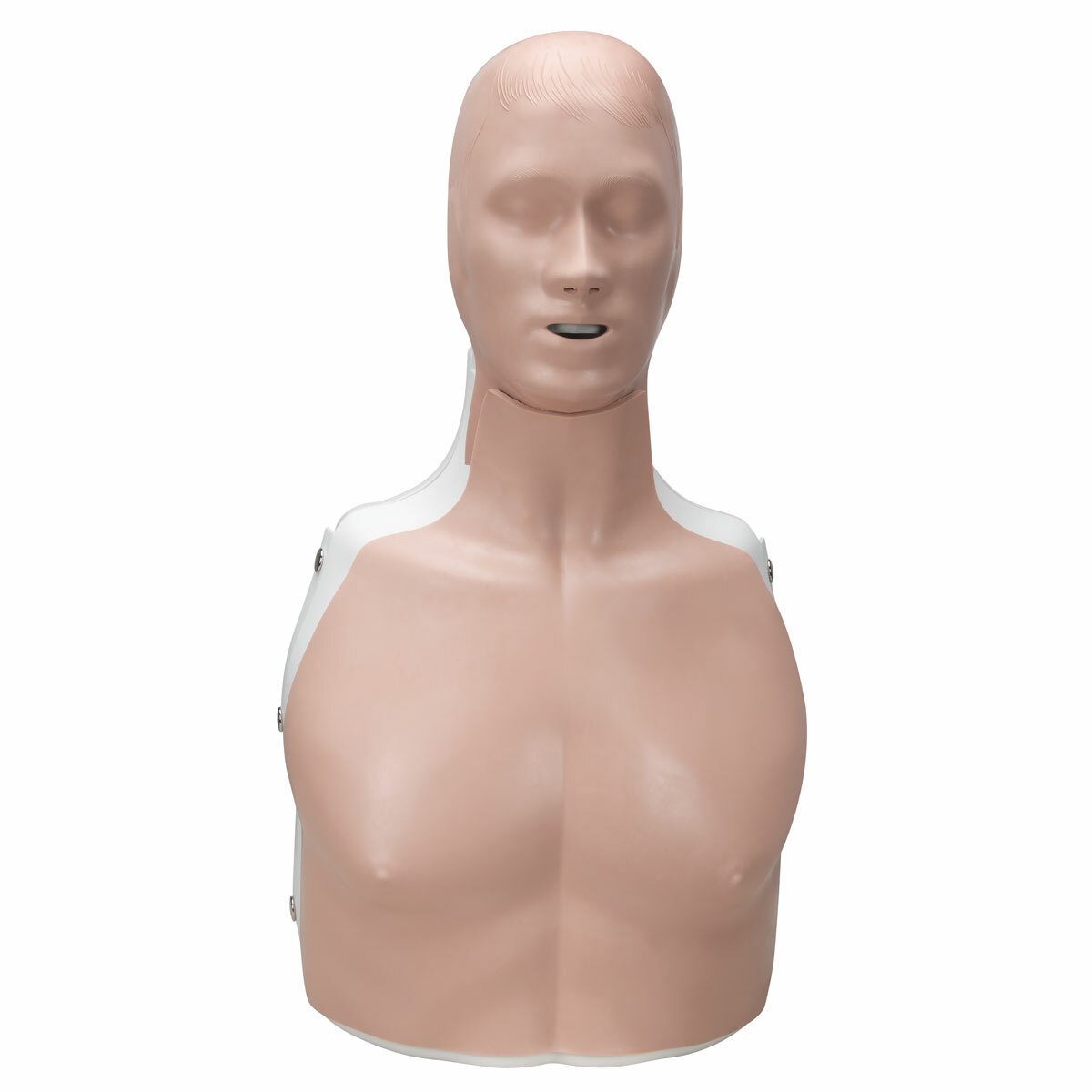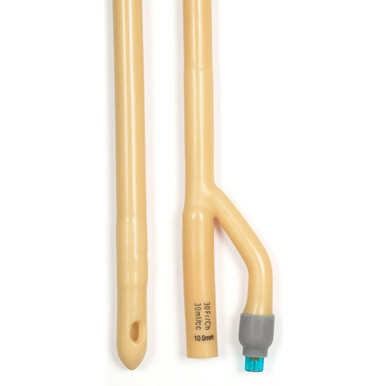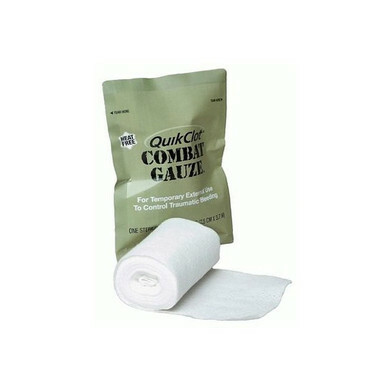The Ultimate Guide to Medical Bags: A Vital Companion for Healthcare Professionals
Posted by EMRN on 6th Sep 2023
In the fast-paced world of healthcare, the right tools and equipment can make all the difference in providing efficient and effective patient care. Among the essentials that healthcare professionals rely on daily are medical bags. These portable, organized, and durable companions help ensure that medical supplies are readily available when needed. In this post, we will explore the significance of medical bags, the types available, and what to consider when choosing the perfect one for your needs.
The Importance of Medical Bags
Medical bags are not just carriers; they are lifelines for healthcare professionals. Here's why they are indispensable:
- Mobility and Accessibility: Medical bags allow healthcare workers to carry essential supplies with them, ensuring quick access to instruments, medications, and equipment during emergencies and routine tasks.
- Organization: These bags are designed with multiple compartments and pockets, making it easy to organize and locate equipment efficiently, saving precious time when seconds count.
- Infection Control: Medical bags help maintain the sterility of equipment and supplies by keeping them protected from contaminants during transport.
- Personalization: Healthcare professionals can customize their medical bags to suit their specialty, ensuring they have the tools necessary for their specific roles.
Types of Medical Bags
- Tote Bags: Tote-style medical bags are versatile and ideal for carrying personal protective equipment (PPE), diagnostic tools, and smaller supplies. They are easy to carry and can be used for both routine and emergency situations.
- Backpacks: Medical backpacks offer a hands-free option for healthcare workers, making them particularly useful for those who need to move quickly between patients or travel to remote locations.
- Duffel Bags: Larger duffel-style medical bags are suitable for those who require more extensive supplies, such as paramedics and first responders. They offer ample storage space and compartments for equipment and medications.
- Rolling Bags: For healthcare professionals who carry heavy equipment or travel long distances, rolling medical bags provide convenience and reduce the risk of strain or injury.
Choosing the Right Medical Bag
Selecting the right medical bag depends on your specific needs and preferences. Here are some factors to consider:
- Size: Consider the volume of supplies and equipment you need to carry regularly. Choose a bag that offers enough space without being overly bulky.
- Durability: Look for bags made from high-quality materials that can withstand the rigors of daily use, including exposure to chemicals and harsh environments.
- Organization: Pay attention to the bag's interior compartments and pockets. Ensure they are well-designed and allow you to keep your supplies organized and easily accessible.
- Mobility: Consider your daily routines. If you need to move quickly, a backpack or rolling bag might be more suitable, while tote bags are great for shorter distances.
- Comfort: For bags worn for extended periods, like backpacks, prioritize comfort features such as padded straps and ergonomic designs.
Conclusion
Medical bags are the unsung heroes of healthcare, providing healthcare professionals with the mobility, organization, and accessibility they need to deliver quality patient care. Whether you're a nurse, paramedic, or any other healthcare provider, choosing the right medical bag is essential to ensure you have the tools and supplies you need when and where you need them. Invest in a high-quality medical bag, and it will become an invaluable companion in your healthcare journey.











